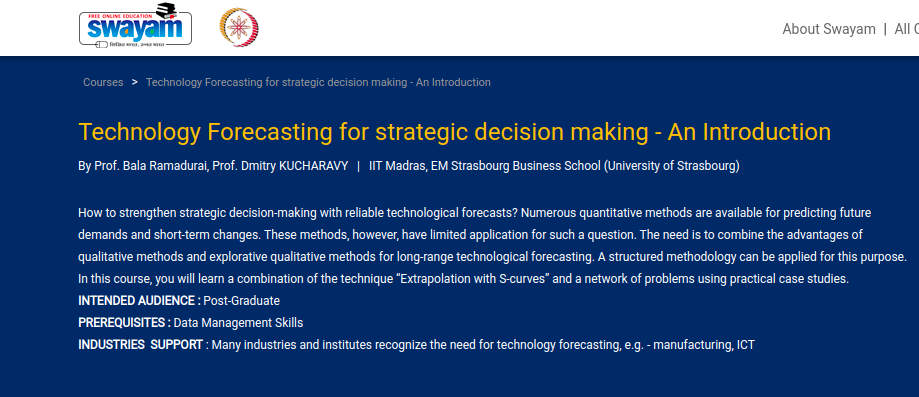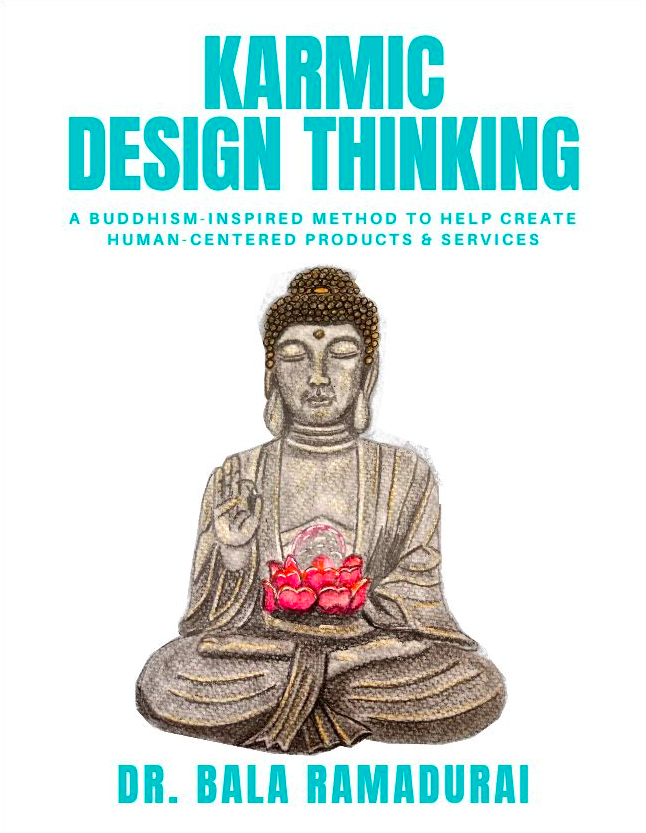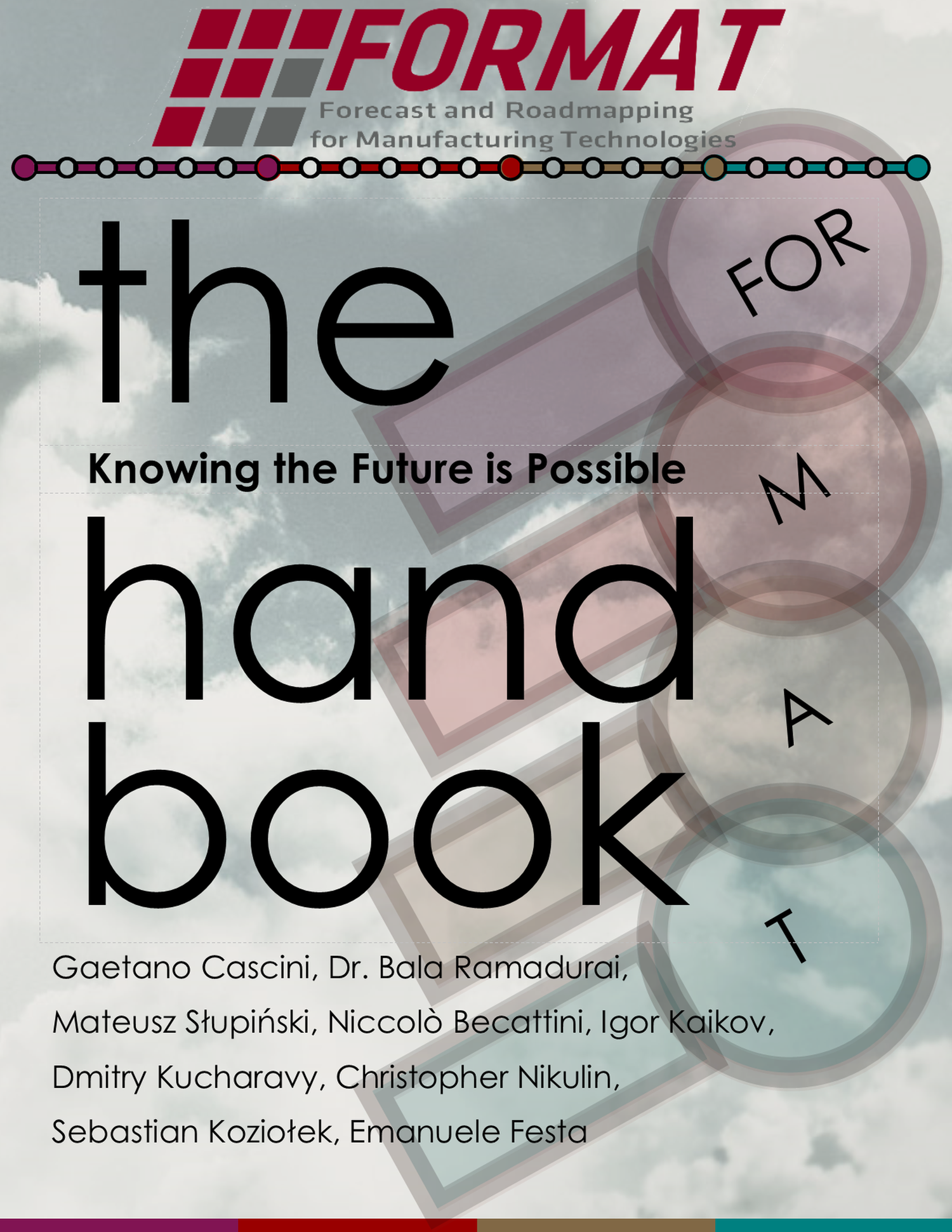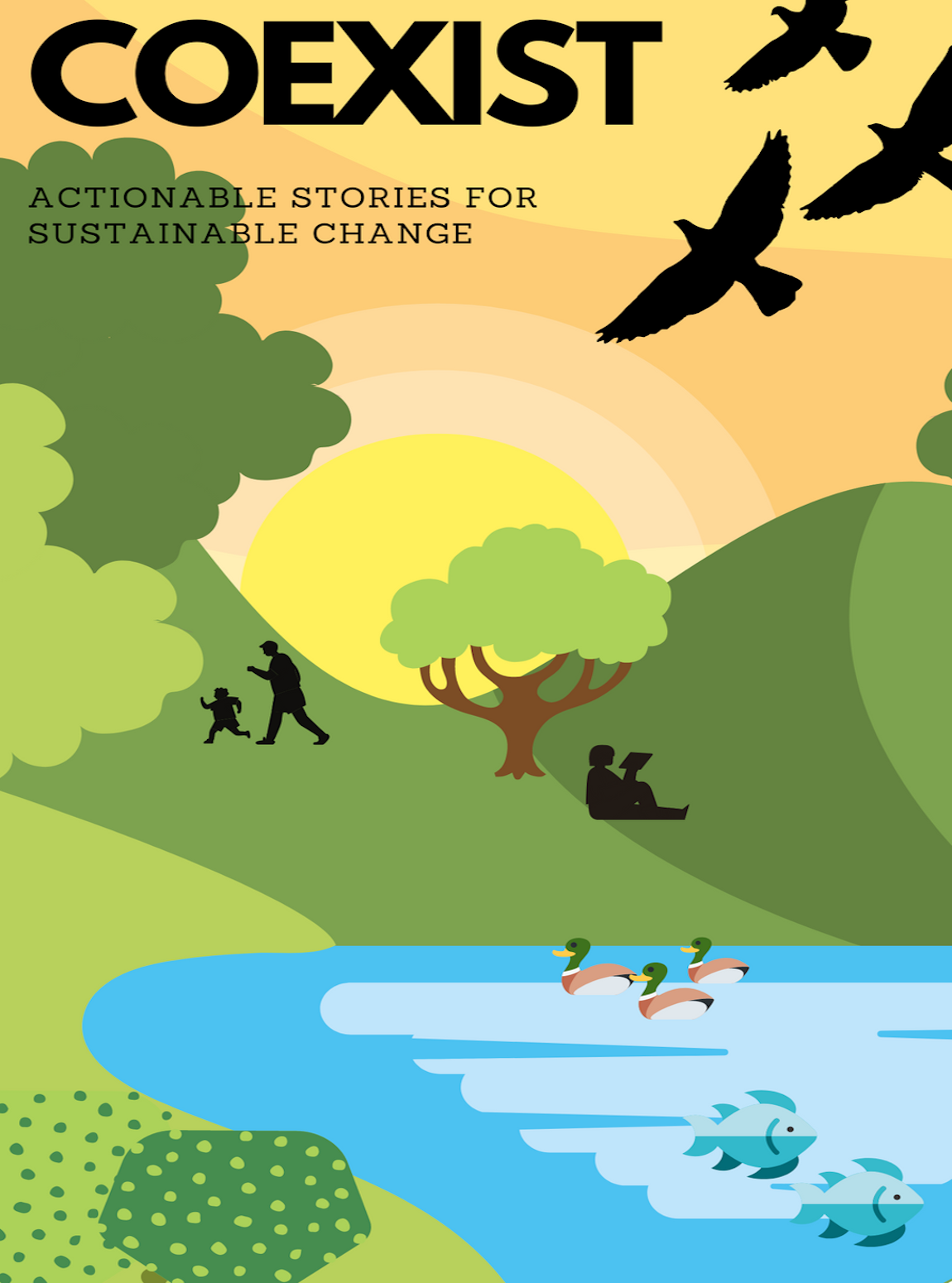Design Thinking Faculty Development Program organized by CET, Trivandrum
How do you get to know about the life of a security guard of a University? What does their day look like? How can we help them stay focused on their job while making some of their troubles go away? I wasn’t thinking of these things. A professor, in my Design Thinking Faculty Development Program (FDP) organized by CET, Trivandrum, was wondering about these questions. When he heard about the phases of Design Thinking from my latest book Karmic Design Thinking - Empathize, Analyze, Solve and Test, he thought this was the best way to learn. He practised what I preached ☻. The empathy exercise led to some startling conclusions like the number of hours, this man (The professor had tracked a security guard who was a man) had to stand without a break, the kind of climactic conditions that they had to endure. He even supplemented the study with a few pictures for us to see what was it like to be a security guard.















